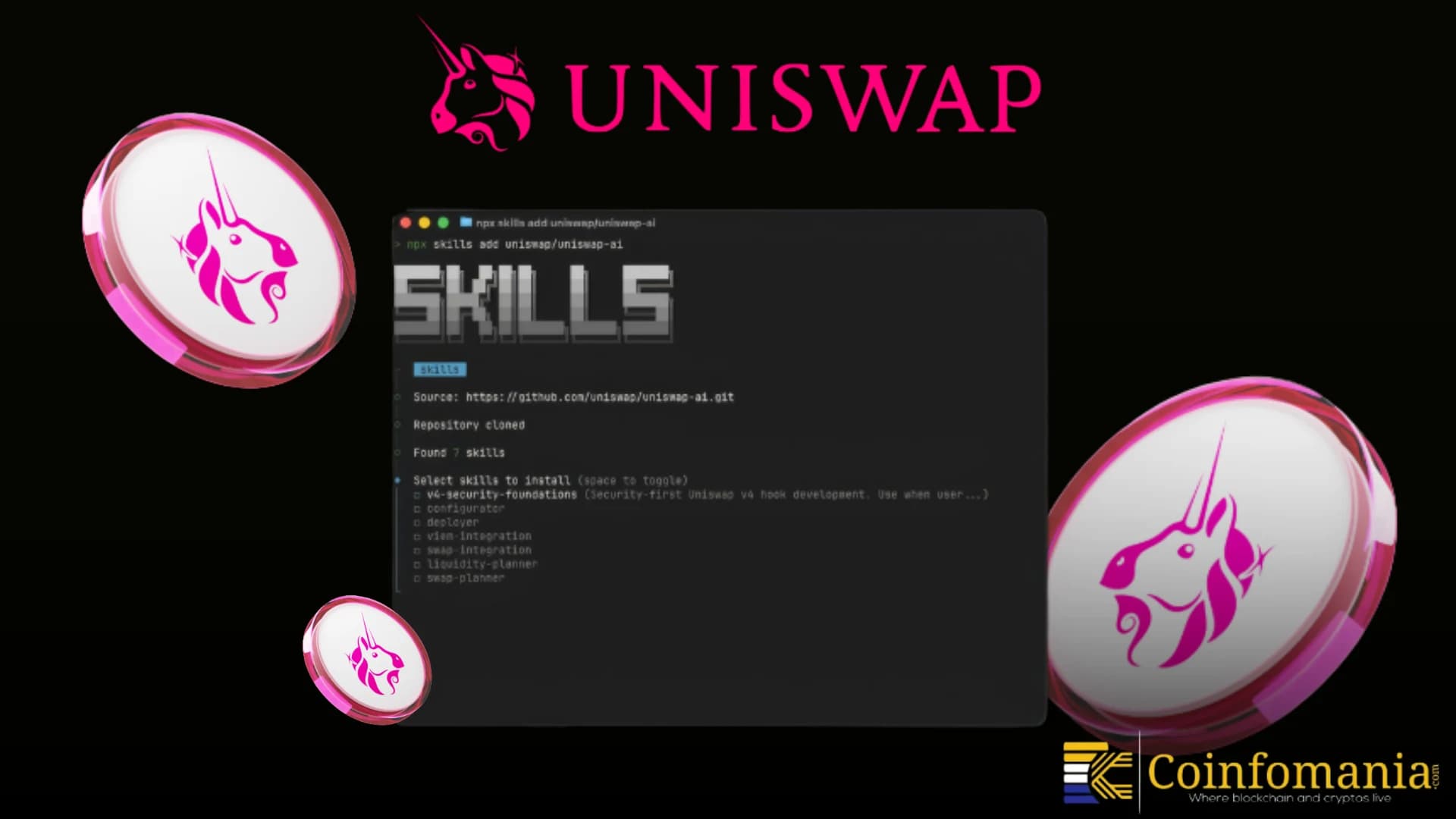Canada and Singapore Completes First Cross Border Transaction With Blockchain
By
Ruth Shadrac
According to a report, the Canadian and Singaporean Central Banks have for the first time succeeded in sending digital currency to each other via blockchain networks on May 2. Without involving a third party, the Bank of Canada (BoC) received money from the Monetary Authority of Singapore (MAS) as one of the Distributed Ledger Technology […]

According to a report, the Canadian and Singaporean Central Banks have for the first time succeeded in sending digital currency to each other via blockchain networks on May 2.
Without involving a third party, the Bank of Canada (BoC) received money from the Monetary Authority of Singapore (MAS) as one of the Distributed Ledger Technology (DLT) project both banks are unanimously pursuing
The transaction process was successful because both DLT networks, namely; MAS’ Nascent Project Ubin platform and BoC’s Project Jasper were mutually linked up. This process received crowning support from JPMorgan and accounting giant Accenture, which assisted in developing the platforms, also partnered with the banks to make the trade successful.
Upon successful completion of the project, the Bank of Canada and MAS have jointly published a report that proposes different design options for cross-border settlement systems, entitled “Jasper-Ubin Design Paper: this will enable Cross-Border High-Value Transfer Using Distributed Ledger Technologies.“
Commenting on the success of the project, Sopnendu Mohanty, Chief FinTech Officer at MAS, said, “Project Jasper and Project Ubin have built on previous innovations in the payments area to demonstrate that cross-border payment and settlement can be made simpler and more efficient. Together these projects have addressed many technical questions and brought the technology to a higher level of maturity.”
He added, “The next wave of central bank blockchain projects can make further progress by bringing technology exploration together with policy questions about the future of cross-border payments. It is challenging work, and we welcome other central banks to join us in this global collaboration, to bring benefit to consumers, businesses and the broader financial industry.”
In a summary report by MAS and BoC, the advantages of the joint network bridge were discussed, stating
In our tests, no other action would proceed if any action fails, thus ensuring the end to end consistency of a transaction.
MAS believes and so, predicts that the project Ubin will deliver handsome results by the year 2020.
Follow us on Google News
Get the latest crypto insights and updates.


